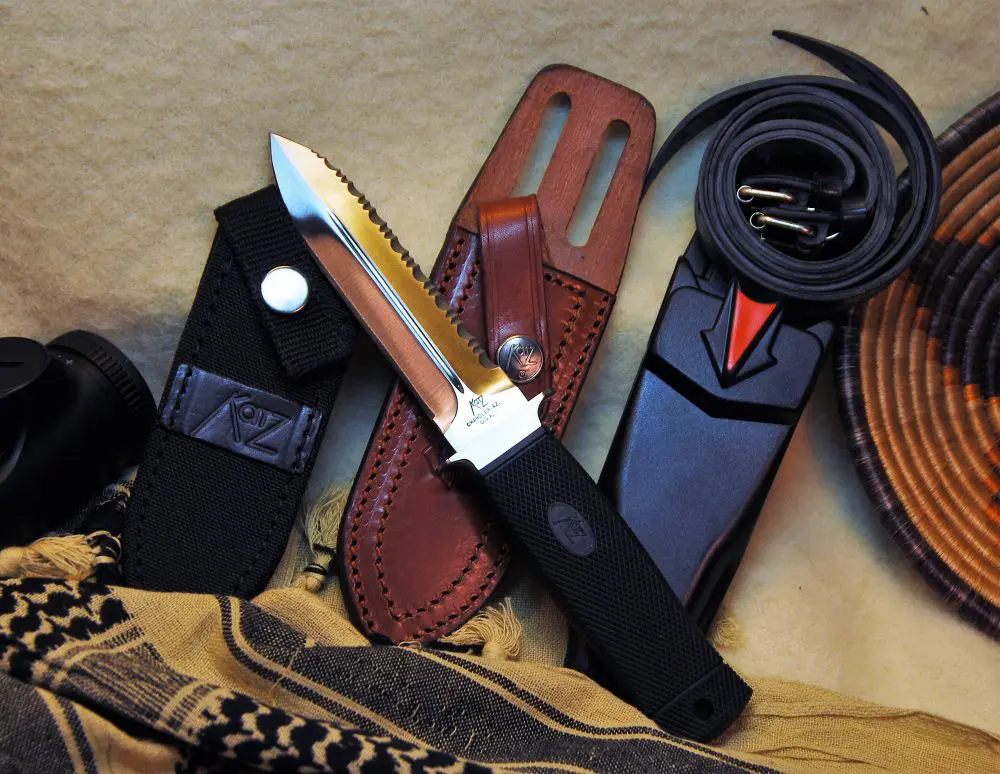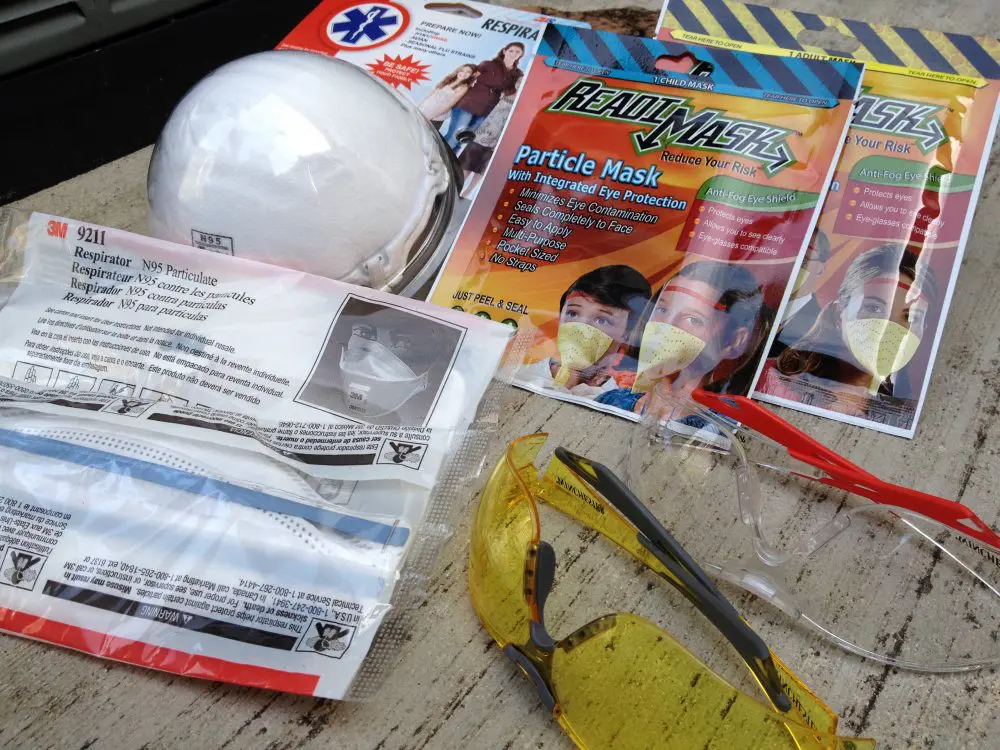Lots of things suck about jobs. Lazy co-workers, stupid or bossy bosses, that vending machine in the break room that is really a low-odds slot machine, and somebody is always putting the bite on for little Suzy and Johnny’s school fundraiser or Junior Football League.
Oh, I almost forgot the biggest of the workday blues: that occasional customer who suddenly sticks a pistol into your nostril and rudely demands all the money in the till.
How to prepare for and respond during an armed robbery of a business has suddenly become far more important to Yours Truly now that my wife is working part-time at a jewelry store. Tamping down my own fears, I briefed her on the various ways of dealing with such vocational annoyances, and then decided it might be a good idea to share some of that knowledge with both of my regular readers.
Whatever your type of business, location, or security measures, robbery is a normal risk of conducting commerce with the public. Some industries, such as banking, have done a fairly good job of hardening the target with physical security and employee training, while other industries haven’t.
Regardless, if you are an employee whose position places you in the potential line of fire, a few strategies can help increase your odds of remaining bullet- or knife-wound-free if fate rolls snake eyes.
For starters, one common trait of robbers is to your advantage: Bad guys are almost always seen hanging around and “casing the joint,” waiting for the opportune moment to ply their trade. Therefore, in spite of repeated monthly assaults on this particular deceased equine, we must remind that decent situational awareness can prevent a vast percentage of victimhood.
However, that awareness must be coupled with a no-fear attitude toward dialing 911. Too many times as a responding cop I was told, “I saw that guy hanging around before the robbery and I felt weird, but he wasn’t doing anything so I didn’t want to bother you.”
Look, we’re just driving around eating donuts and drinking coffee, so feel free to bother us anytime you see something suspicious.
OK, you didn’t want to call the police, so there is a robbery in progress and you’re the guest of honor. What should you do?
Our biggest discussion is over the merits of that old advice to “never resist.” Cops and police agencies the world over repeat this tried-and-true chestnut because following it usually won’t make a bad situation worse (that, and liability). The problem is that not every robbery, or suspect, is the same.
In most cases, the robber is just as scared as you are. Hollywood be damned, I’d guess that at least 90% of bad guys have absolutely no intention of harming anyone except as a last resort and then only as an adjunct to their getaway. With these folks, simply complying with their demands will result in a loss of cash and a scary story but nothing more.
The problem arises when you’re dealing with that minority of bad guys who really don’t care or are actually looking for an excuse to hurt people. The trouble is that there is no hard-and-fast indicator of which type of person is standing in front of you with a weapon.
This is where a cool head, strong observation skills, and logic win the day. Look at clues that give away the general intentions of the suspect. Is the bad guy nervous, distracted, shaking, and unsure of his next action? If so, resistance will probably make things worse.
But if the suspect isn’t hiding his identity, seems calm, collected, alert, and ready for trouble, it might indicate someone who has a plan, and part of that strategy might be elimination of all witnesses.
What are their actions? Simply demanding money is one thing, but if you are being herded into a back room or walk-in cooler, the odds are now much higher that you will be harmed. Are they threatening to take hostages, commit sexual assault, or execute people if things aren’t done as ordered? This is now decision time. Set a mental trigger and once tripped, take action.
If you do decide to resist, understand that you are literally fighting to the death in every instance. In my experience, the successful victims are the ones who turn the tables on the suspect with absolutely no warning and then fight without quarter. If you can’t do that, you have no business fighting, so just be quiet and play the odds.
In these instances, the keys to survival are coolness under pressure, the ability to think in a crisis, and the will to fight with 110% of your ability using whatever weapon is handy. Stop me if you’ve heard this before.
On the topic of guns, once a robbery is announced, you are already well behind the power curve, which is why I never suggest considering your MasterBlaster Mark V Pistol as the first response. If armed, “going to guns” is a good idea, but it shouldn’t be done without having a basic understanding of the overall situation and a plan. The best shot is one the bad guy doesn’t even realize is coming his way.
Now if only it were legal to do the same thing to the person who ate the pudding cup out of your lunchbox.
Brent T. Wheat is a former SWAT officer, canine handler, detective, and patrol supervisor who retired after a 30-year law enforcement career. Brent is the publisher of WildIndiana Magazine, a regionally focused outdoor magazine. He can be reached at [email protected].





